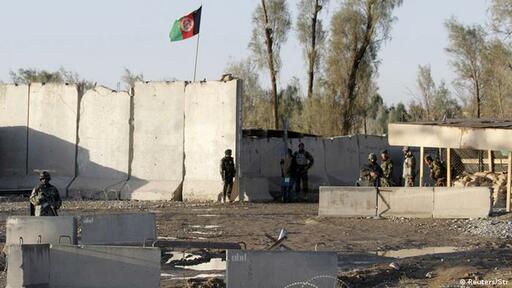On Kabul – Steve Coll in The New Yorker:
‘Governments and nonprofits are navigating an uncomfortable tension between prioritizing human-rights advocacy and working with the Taliban to stabilize the Afghan economy. “We want the pressure” on the Taliban over human rights, Fereshta Abbasi, an Afghan-born researcher at Human Rights Watch in London, told me. “We need to let the Taliban know that we are standing with the Afghan people” and that the regime’s record must change “if they want any recognition.” Simultaneously, she added, “On the humanitarian side, we don’t want the Afghan people to be victims of this crisis and chaos.”’
(…)
‘Meanwhile, about half of the population is struggling to eat. “We’re looking at near-universal poverty,” Vicki Aken, the country director of the International Rescue Committee (I.R.C.), an aid-and-development nonprofit, told me from Kabul. When Aken arrived in Afghanistan in 2017, she said, the poverty rate was at about fifty per cent; by the end of 2022, it may reach ninety-seven per cent. “When you go into clinics and you go into hospitals, you see no medicines,” she said. “You see three people to a bed, lines out the door of mothers with malnourished children.”’
(…)
‘On July 31st, a U.S. drone killed the Al Qaeda leader Ayman al-Zawahiri at his hideout in downtown Kabul. The Biden Administration, like its predecessors, has identified counterterrorism as a “vital” continuing interest in Afghanistan. That the Afghan capital was Zawahiri’s haven has only deepened doubts in Washington about the Taliban’s reliability. By “hosting and sheltering” Zawahiri in Kabul, Blinken said after the drone strike, the Taliban betrayed “repeated assurances to the world that they would not allow Afghan territory to be used by terrorists.” The Taliban insisted that they didn’t know Zawahiri was present.’
(…)
‘Eventually, in 1999, Clinton authorized C.I.A. covert action against Al Qaeda in Afghanistan. The C.I.A. funded and equipped anti-Taliban insurgents, such as those led by the legendary guerrilla commander Ahmed Shah Massoud. Today, some Afghan opponents of the Taliban and their allies in Washington advocate a rerun of covert-action strategies. But neither the Biden Administration nor other natogovernments appear to have any appetite for fostering more violence in Afghanistan. In a Foreign Affairs essay this month, Ali Maisam Nazary, the head of foreign relations for the National Resistance Front of Afghanistan, a movement led by Massoud’s son, acknowledged that its anti-Taliban insurgents of 2022 have yet to receive “a drop of help from any country.”’
(…)
‘It is certainly true that the Taliban have made themselves an intractable fact of life in international affairs. Five successive White Houses have failed to defeat the movement militarily or to influence its leaders to change their ideology. Yet the hardest and least politically rewarding problems in foreign policy are sometimes the most important ones.
For its own failings and those of its predecessors, the Biden Administration has a moral obligation to the Afghan population suffering today under Taliban rule. The U.S. and its nato allies also have an interest in preventing a further Afghan economic collapse that could trigger more mass migration toward Europe or foster more violent extremism. Blessed are the peacemaking, rights-promoting mid-level special envoys, but this is a crisis for Presidents and Prime Ministers. Where are they?’
Read the article here.
An obligation to help Afghanistan? Absolutely, after the false promises of nation building and making Afghanistan great again, there is a certain obligation. But after twenty years of war, trillions of dollars spilled, that mainly enriched a corrupt ruling class in Afghanistan and that ended up in banks in Dubai, the appetite to do something is almost non-existent. And let’s not forget the spilled blood of many Afghans and quite a few NATO-soldiers. At best, as is mentioned, what can be expected is some non-judicial killing by drone. Not that I’m opposed to the liquidation of Ayman al-Zawahiri, but the practice remains problematic. Even when more care is taken to no hurt innocent bystanders.
Not mentioned in this article is the role of Pakistan. Ally of the West and ally of the Taliban.
The war in Afghanistan was also doomed because there was no clear strategic goal. Turning a country into a blossoming or at least slightly blossoming democracy is not something that soldiers can achieve.
The Red Army discovered this already in the Polish-Russian war of 1920, although their goal was not to promote liberal democracy but a workers’ paradise. The promotion of ideals with the help of tanks, bayonets and guns has always been a feeble endeavor.
Starvation often follows after the botched promotion of ideals, half-hearted ideals in the first place.
